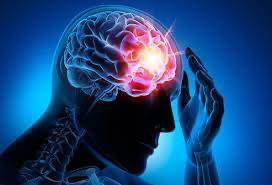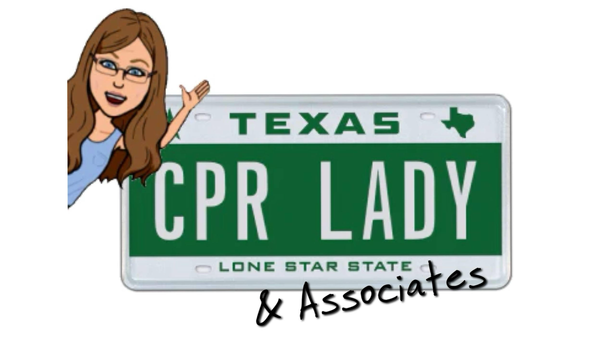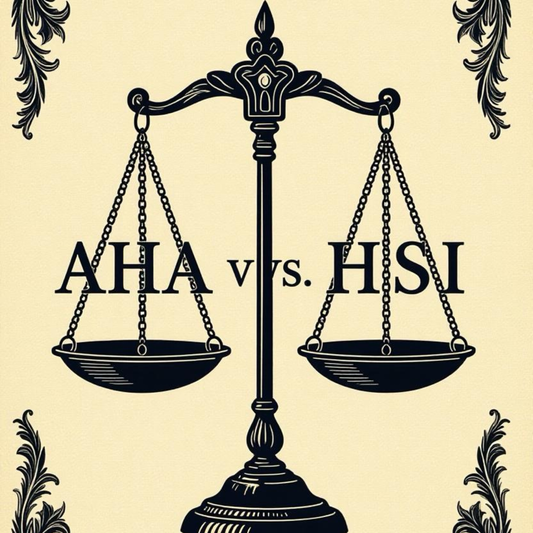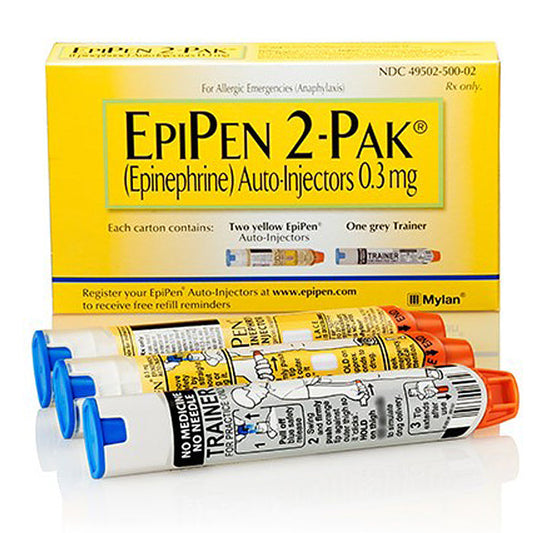
Symptoms of a Concussion
William BeauregardShare
A concussion is a type of traumatic brain injury that can occur as a result of a blow to the head or a jolt to the body. The symptoms of a concussion can vary depending on the severity of the injury, but common signs include:
- Headache
- Dizziness or loss of balance
- Nausea or vomiting
- Fatigue or drowsiness
- Confusion or disorientation
- Memory loss or difficulty concentrating
- Blurred vision or sensitivity to light
- Slurred speech or ringing in the ears
- Feeling "foggy" or in a daze
- Loss of consciousness (even briefly)
It's important to note that not all concussions involve a loss of consciousness. Some people may not realize they have a concussion until they start experiencing symptoms later on. Additionally, symptoms may not appear immediately and can take hours or even days to show up.
If you suspect that you or someone else has a concussion, it's important to seek medical attention as soon as possible. A healthcare professional can perform a thorough examination and may order imaging tests such as a CT scan or MRI to check for any internal injuries. Treatment for a concussion typically involves rest and avoiding activities that can aggravate symptoms. In some cases, medication may be prescribed to manage headaches or other symptoms.
In the case of a severe concussion, you may need to be hospitalized for observation and treatment. Recovery time for a concussion can vary depending on the severity of the injury and may take anywhere from a few days to several weeks.
It's important to keep in mind that a concussion is a serious injury, and it's essential to take the necessary steps to prevent further injury. If you or someone you know has a concussion, it's important to follow the recommended treatment plan and avoid activities that could lead to another concussion until fully healed.



